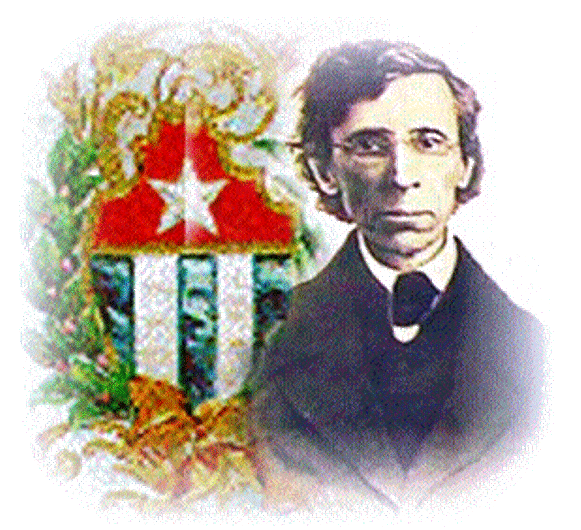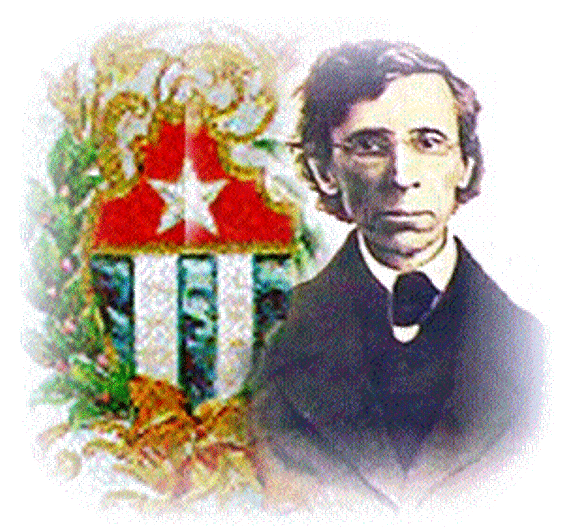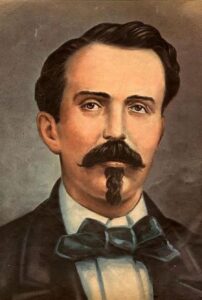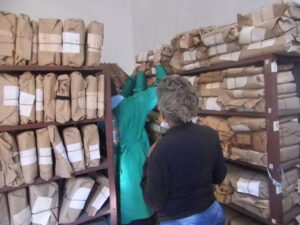Félix Varela, the first to teach us how to think.


Félix Varela y Morales was a Cuban priest, teacher, writer and politician with a singular performance in the political, intellectual and religious life of Cuba in the first half of the 19th century. He is considered one of the forgers of the Cuban nation.
Born in Havana on November the 29th, 1778, he occupied the chair of the Seminary of San Carlos in 1811. He was a deputy to the Cortes de Cadiz in 1822 representing Cuba. There he defended the right to autonomy of the American territories. He proposed the abolition of slavery on the island and the modernization of education.
Opposed to the memoristic methods that were used, he taught Cubans the importance of developing their own thinking.
Felix Varela’s legacy consists of having dreamed of the Cuban homeland on the basis of a whole moral corpus, which he preached first through journalism and then in a well-founded manner through philosophical essays.
At the same level of his theoretical work, Varela left as testimony the complete practice of what he conceived in the pro-independence speech he published in the newspaper El Habanero, which circulated in Philadelphia, United States, between 1824 and 1826, and in the two volumes of the philosophical essay Cartas a Elpidio (Letters to Elpidio) on impiety, superstition and fanaticism.
Both publications were dedicated to the Island of Cuba in a stage that he considered as a preparation for the transition towards independence from Spanish colonialism, a movement that he led in opposition to the reformist and annexationist currents that were swarming at the time.
He died in Florida, United States, on February 18th, 1853, thinking of his beloved homeland.
Written by Delfina Mosquera.




